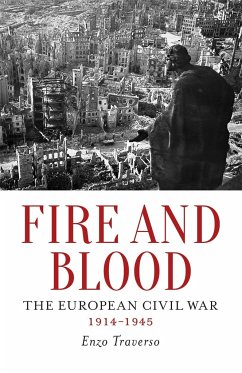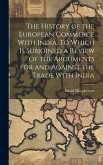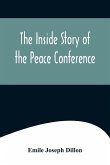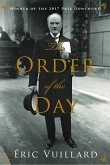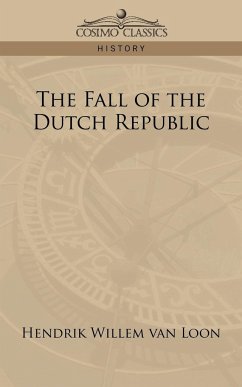Fire and Blood looks at the European crisis of the two world wars as a single historical sequence: the age of the European Civil War (1914–1945). Its overture was played out in the trenches of the Great War; its coda on a ruined continent. It opened with conventional declarations of war and finished with ¿unconditional surrender.¿ Proclamations of national unity led to eventual devastation, with entire countries torn to pieces. During these three decades of deepening conflicts, a classical interstate conflict morphed into a global civil war, abandoning rules of engagement and fought by irreducible enemies rather than legitimate adversaries, each seeking the annihilation of its opponents. It was a time of both unchained passions and industrial, rationalized massacre. Utilizing multiple sources, Enzo Traverso depicts the dialectic of this era of wars, revolutions and genocides. Rejecting commonplace notions of ¿totalitarian evil,¿ he rediscovers the feelings and reinterprets the ideas of an age of intellectual and political commitment when Europe shaped world history with its own collapse.

